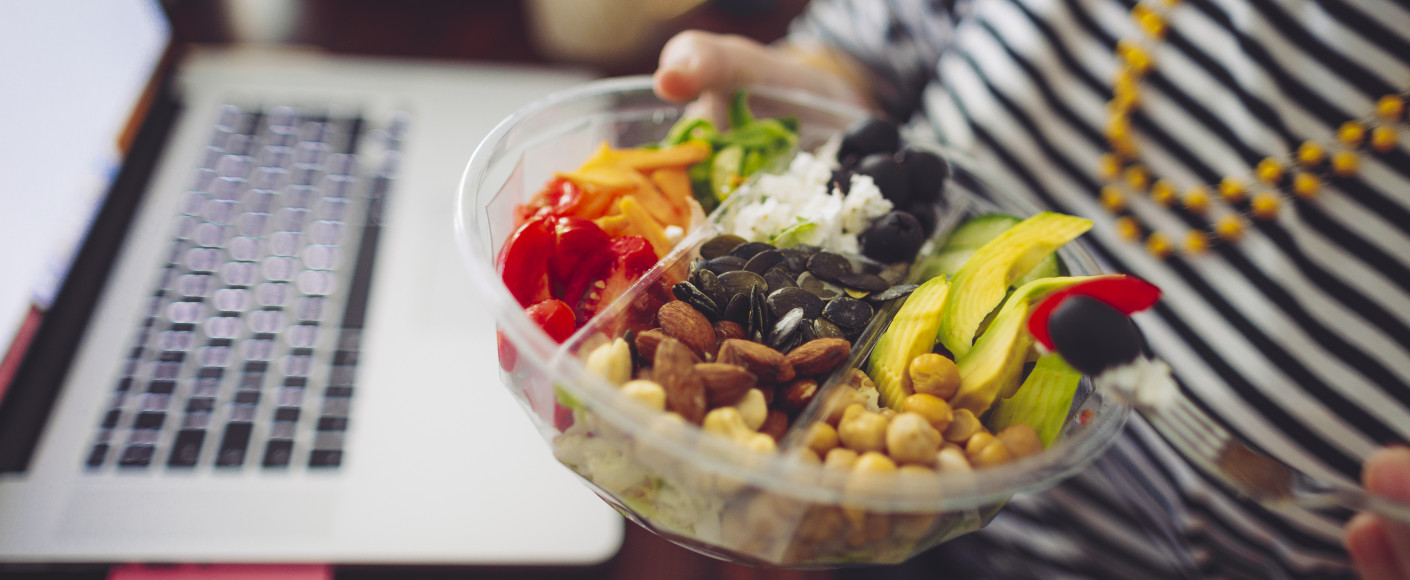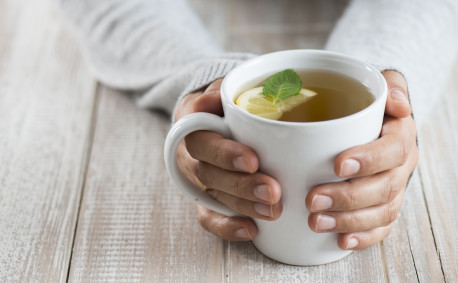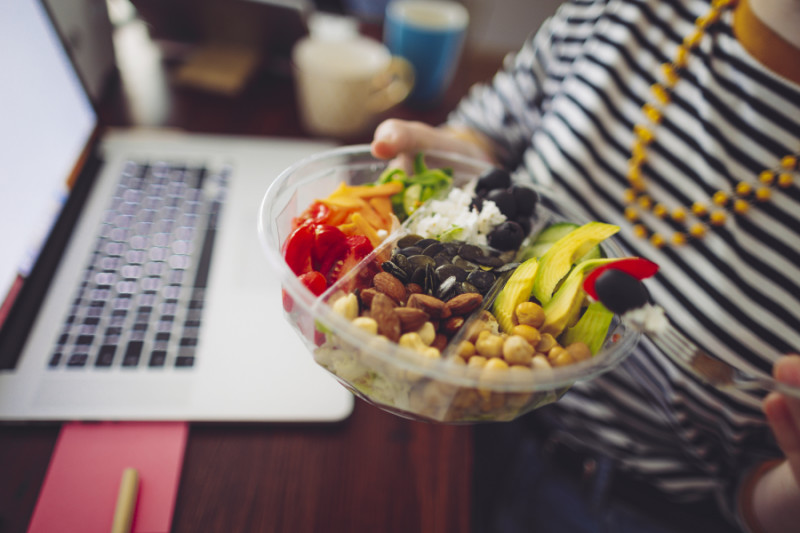Best Foods to Boost Brain Function
Maybe you’ve found yourself struggling to remember important dates or details. Maybe you want to improve your ability to focus and excel at work or school. Perhaps you just want to ensure you’re doing everything you can to keep your brain in good working order long into your golden years. Whatever your reason, experts agree the best way to support your brain is to fuel it with the right foods.
According to a report from the Global Council on Brain Health, 25% of adults over age 50 take supplements for brain health. Manufacturers claim their products improve memory and focus, but there’s little evidence to support this. And because regulations for the supplement industry aren’t as strict as those for the pharmaceutical industry, they don’t have to prove their claims. If your doctor hasn’t prescribed supplements due to a deficiency, why pop pills when you can get everything you need from food, glorious food?
7 Nutrients to Nourish Your Noodle
Look for foods containing these nutrients to bring out your inner brainiac:
- Vitamin K
- B Vitamins such as B6, B12 and folic acid
- Lutein
- Beta carotene
- Omega-3 fatty acids such as alpha-linolenic acid
- Flavonoids, vitamin E and other antioxidant compounds
- Monounsaturated fats
What, exactly, do these do for your brain? As the Mayo Clinic states, “Eating certain foods can help improve brain health and preserve brain function.” Findings like these point to the MIND (Mediterranean-DASH Intervention for Neurodegenerative Delay) diet developed by university researchers in 2015.
The MIND Diet: Focus on These Foods
As the name suggests, the MIND diet combines the best-for-your-brain components of the low-sodium DASH diet and the healthy fats-focused Mediterranean diet. To get enough “noodle nutrients,” up your intake of these foods:
- Leafy greens: kale, spinach, collard greens (6 servings/week)
- Nuts: walnuts, almonds, pistachios, cashews (5 servings/week)
- Berries: strawberries, blueberries, raspberries, blackberries (2 or more servings/week)
- Beans: black, pinto, kidney (3 or more servings/week)
- Whole grains: brown rice, oatmeal, whole-grain pasta, quinoa (3 or more servings/day)
- Fatty fish: salmon, tuna, trout (1 or more servings/week)
- Chicken and turkey (2 or more servings/week)
- Olive oil (in place of other cooking oils)
- Wine (one serving/day)
It’s worth it to ward off age-related decline, but those looking for more immediate benefits will be happy to know the same foods have been shown to improve alertness, memory and testing performance — especially when combined with plenty of rest, exercise and hydration. Not included in the MIND diet but still considered brain foods are eggs, broccoli, avocados and pumpkin seeds, and even dark chocolate and coffee. (No, you can’t replace the nine foods of the MIND list with nine chocolate bars. It doesn’t work that way.)
Concentrate on Healthy Eating
The brain remains active even when your body is at rest, using about 20% of the calories you consume — that’s a pretty high metabolism rate for one organ! You don’t want to deprive it of what it needs to do its vital job, so be sure to add these foods to your grocery list.
More Power Foods





